2025 Hybrid Cars: The Future of Eco-Friendly Driving and What to Expect
Introduction
As we look ahead to 2025, the automotive landscape is undergoing a significant transformation, fueled by advancements in technology and a growing emphasis on sustainability. Hybrid cars, which combine conventional internal combustion engines with electric propulsion, are poised to play a critical role in this evolution. They represent a crucial step toward reducing carbon emissions and promoting eco-friendly driving. This article delves into what we can expect from hybrid cars in 2025, examining technological advancements, market trends, and the overall impact on the environment.
Understanding Hybrid Technology
Hybrid cars utilize a combination of an internal combustion engine and an electric motor, which allows for greater fuel efficiency and reduced emissions. The two primary types of hybrid vehicles are:
- Full Hybrids: These vehicles can drive solely on electric power, gasoline, or a combination of both.
- Plug-in Hybrids: These models can be charged from an external power source and typically have larger battery capacities, allowing for extended electric-only driving ranges.
By 2025, we anticipate further innovations in hybrid technology that will enhance both performance and efficiency, making them more appealing to consumers.
Advancements in Battery Technology
One of the most significant factors influencing hybrid cars is battery technology. The demand for longer driving ranges and shorter charging times is driving research and development in this area. In 2025, we expect to see substantial improvements in battery efficiency and capacity, resulting in lighter, more powerful batteries that can store more energy.
Solid-state batteries, for example, are on the horizon, offering higher energy densities and faster charging capabilities compared to traditional lithium-ion batteries. This advancement could lead to hybrids that can travel longer distances on electric power alone, making them even more attractive to consumers.
Enhanced Fuel Efficiency
Hybrid vehicles are already known for their fuel efficiency, but advancements in technology are expected to push these boundaries even further by 2025. The integration of advanced engine management systems, regenerative braking, and sophisticated aerodynamics will contribute to enhanced fuel economy.
Moreover, new materials and design techniques will help reduce vehicle weight, further improving efficiency. Automakers are continuously striving to develop hybrids that can achieve fuel economy figures previously thought unattainable, potentially rivaling fully electric vehicles in certain conditions.
Increased Connectivity and Smart Features
As the automotive industry embraces digitalization, hybrid cars in 2025 will likely feature improved connectivity and smart technologies. This includes advanced infotainment systems, driver assistance features, and integrated navigation systems that optimize driving routes for fuel efficiency.
Additionally, vehicles may come equipped with Vehicle-to-Grid (V2G) technology, allowing hybrids to return energy to the grid during peak demand, creating a symbiotic relationship between electric vehicles and energy providers. This technology not only helps manage energy consumption but also offers potential savings for owners.
Market Trends and Consumer Preferences
As environmental concerns continue to rise, consumer preferences are shifting towards eco-friendly vehicles. By 2025, we expect an increase in the demand for hybrid vehicles, driven by factors such as government incentives, rising fuel prices, and growing awareness of climate change.
Automakers are responding to this trend by expanding their hybrid offerings, with many brands introducing new models across various segments, including SUVs, sedans, and even trucks. The availability of hybrid options will provide consumers with a broader range of choices, making it easier for them to adopt eco-friendly driving.
Government Policies and Regulations
Government policies and regulations will also play a crucial role in shaping the hybrid car market. By 2025, we expect more stringent emissions regulations across many countries, encouraging automakers to invest heavily in hybrid technology. Incentives such as tax credits, rebates, and access to carpool lanes will further promote the adoption of hybrid vehicles.
In addition, many cities are implementing low-emission zones, which restrict access to traditional gasoline and diesel vehicles. These evolving regulations will make hybrid cars an increasingly attractive option for consumers looking to avoid penalties and embrace greener alternatives.
Environmental Impact
The environmental benefits of hybrid cars are significant. By 2025, as more consumers make the switch to hybrids, we can expect a noticeable reduction in greenhouse gas emissions from the transportation sector. This shift is essential in the fight against climate change and reducing urban air pollution.
Hybrid vehicles produce fewer emissions than their conventional counterparts, and as technology continues to improve, the overall carbon footprint of hybrid cars will diminish. Moreover, the increased use of renewable energy sources for charging plug-in hybrids will further enhance their eco-friendliness.
Challenges Facing Hybrid Vehicles
Despite the promising future of hybrid cars, several challenges remain. One significant hurdle is the public perception of hybrid vehicles compared to fully electric models. Many consumers view electric vehicles as the ultimate solution for eco-friendly driving, potentially overshadowing the benefits of hybrids.
Additionally, the initial cost of hybrid vehicles can be higher than traditional gasoline cars, which may deter some consumers. However, as technology advances and production scales up, we expect prices to come down, making hybrids more accessible.
Conclusion
The future of hybrid cars in 2025 is bright, with numerous advancements on the horizon that will make them more efficient, affordable, and appealing to consumers. As battery technology improves, fuel efficiency rises, and connectivity features enhance the driving experience, hybrid vehicles are set to become a cornerstone of eco-friendly driving.
With the support of government policies, evolving consumer preferences, and a growing awareness of environmental issues, hybrid cars are well-positioned to contribute significantly to reducing carbon emissions and promoting sustainable transportation. As we move toward 2025, the hybrid vehicle market will undoubtedly play a crucial role in shaping the future of eco-friendly driving.
Explore
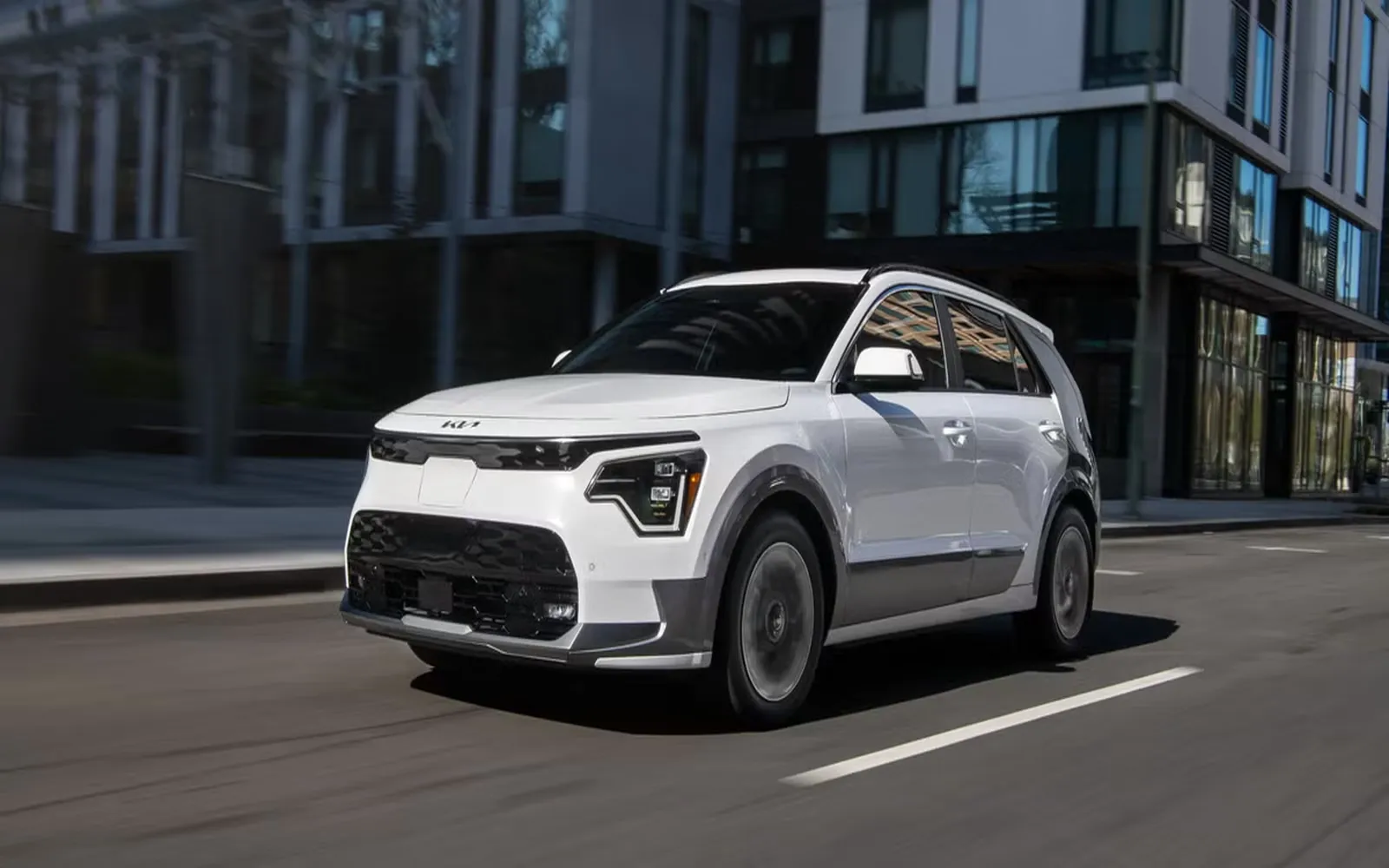
Hybrid Cars of 2025: The Best Eco-Friendly Vehicles for a Sustainable Future
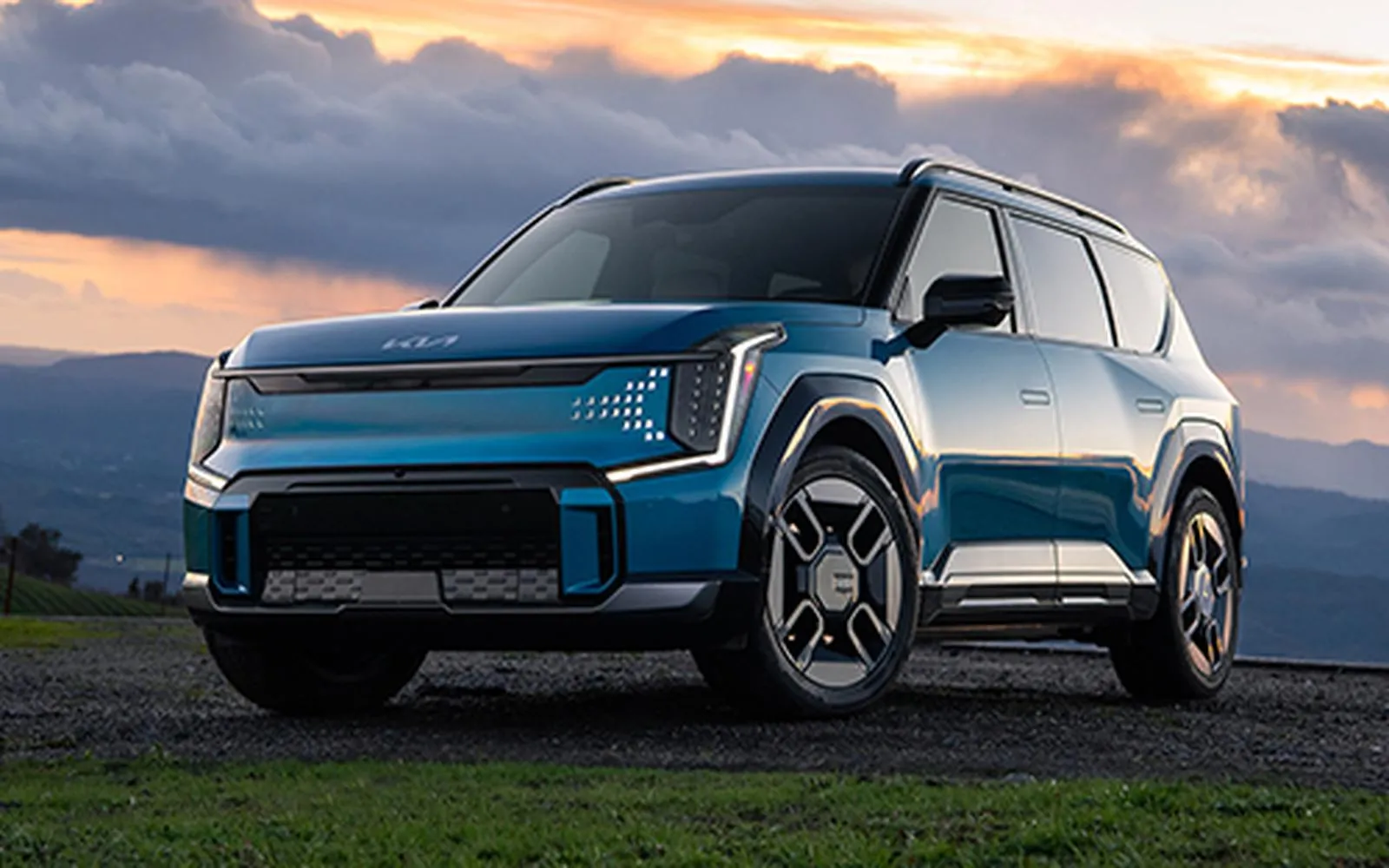
Used Electric Cars to Consider in 2025: Eco-Friendly Choices for Every Budget
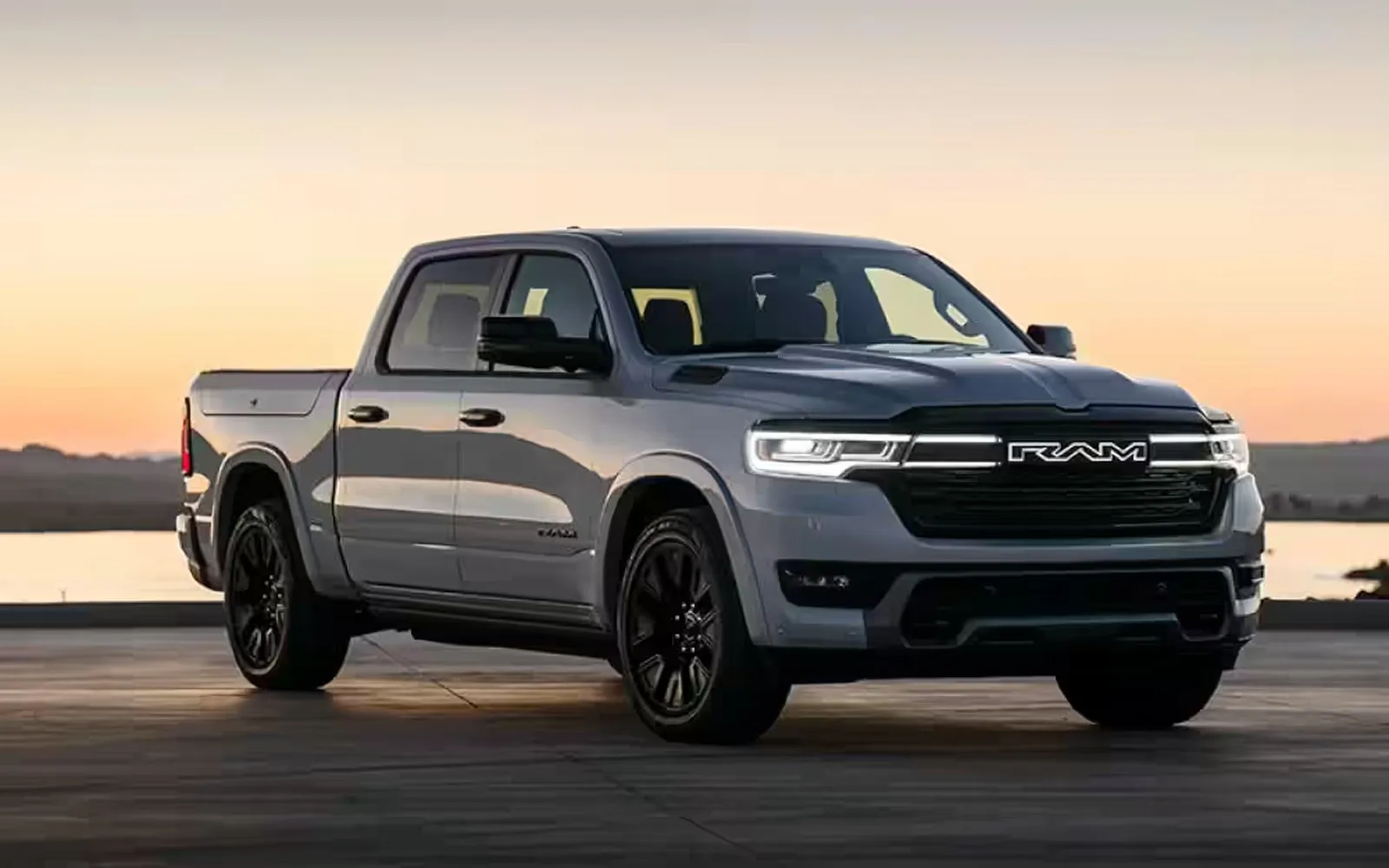
2025 Electric Pickup Trucks: Revolutionizing the Future of Eco-Friendly Hauling
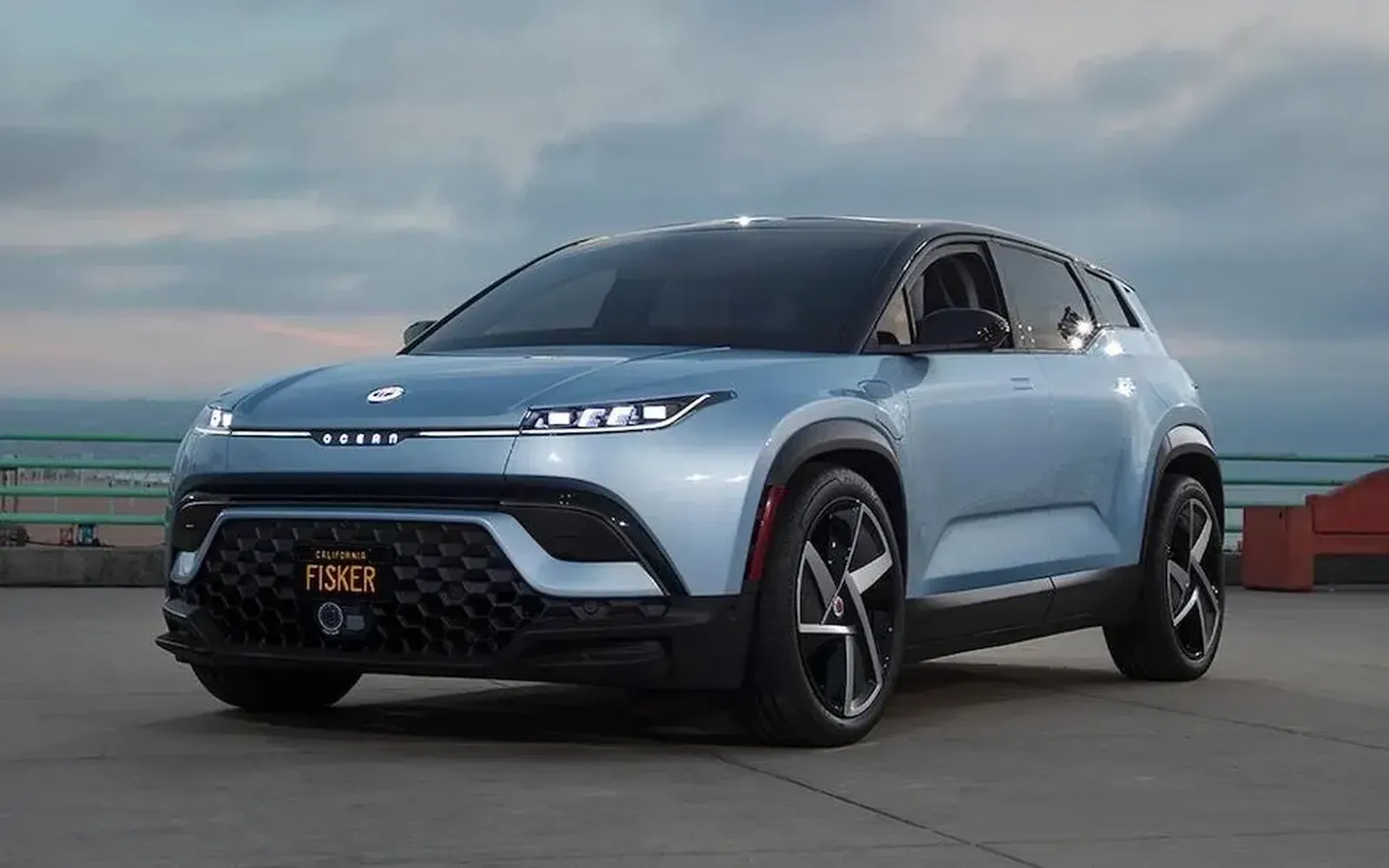
Electric Cars in 2025: The Future of Sustainable Driving and Innovative Technology

Discover Green Air Conditioning: Eco-Friendly Cooling Solutions
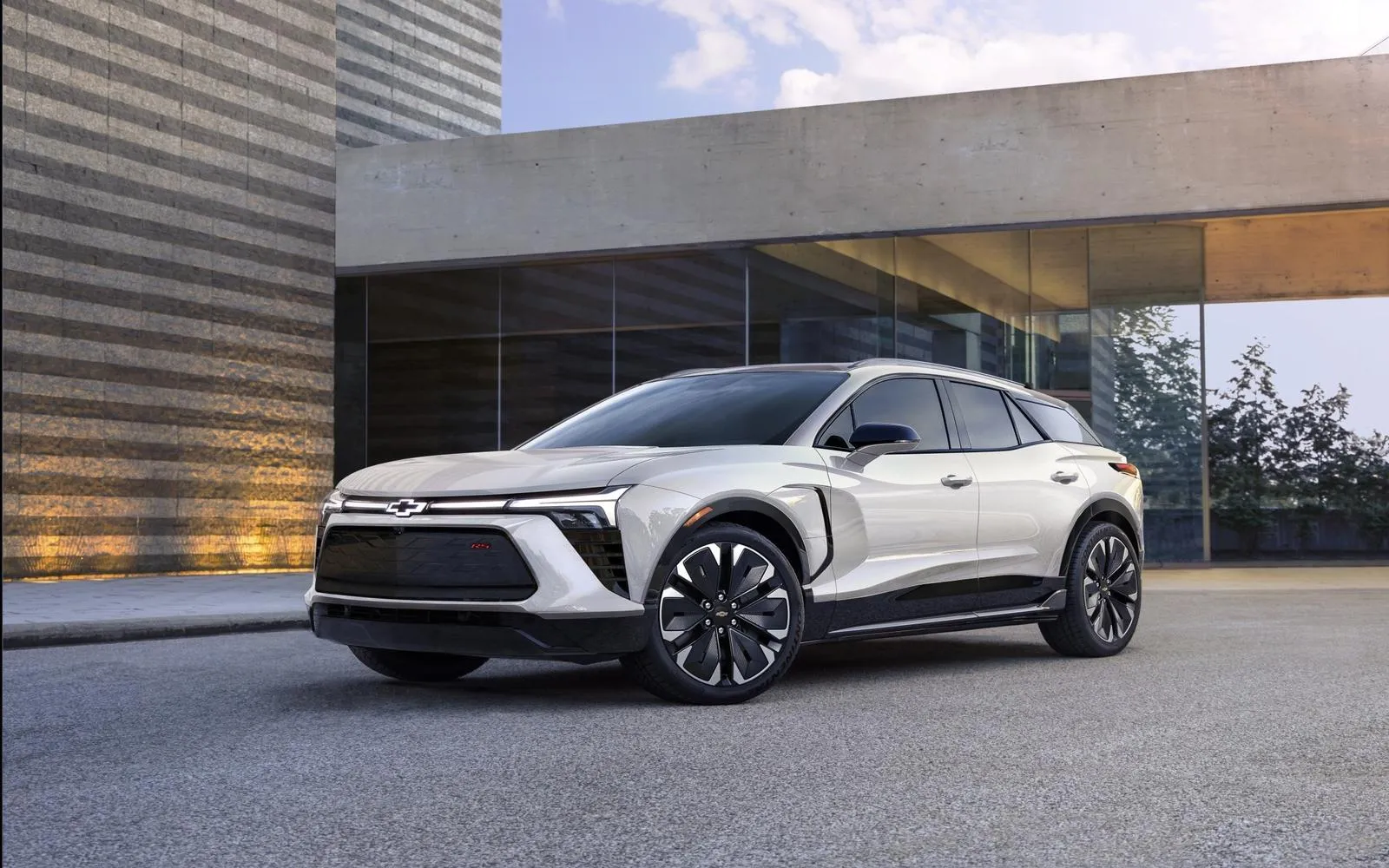
Electric Car Leases of 2025: Best Deals for Eco-Friendly Drivers
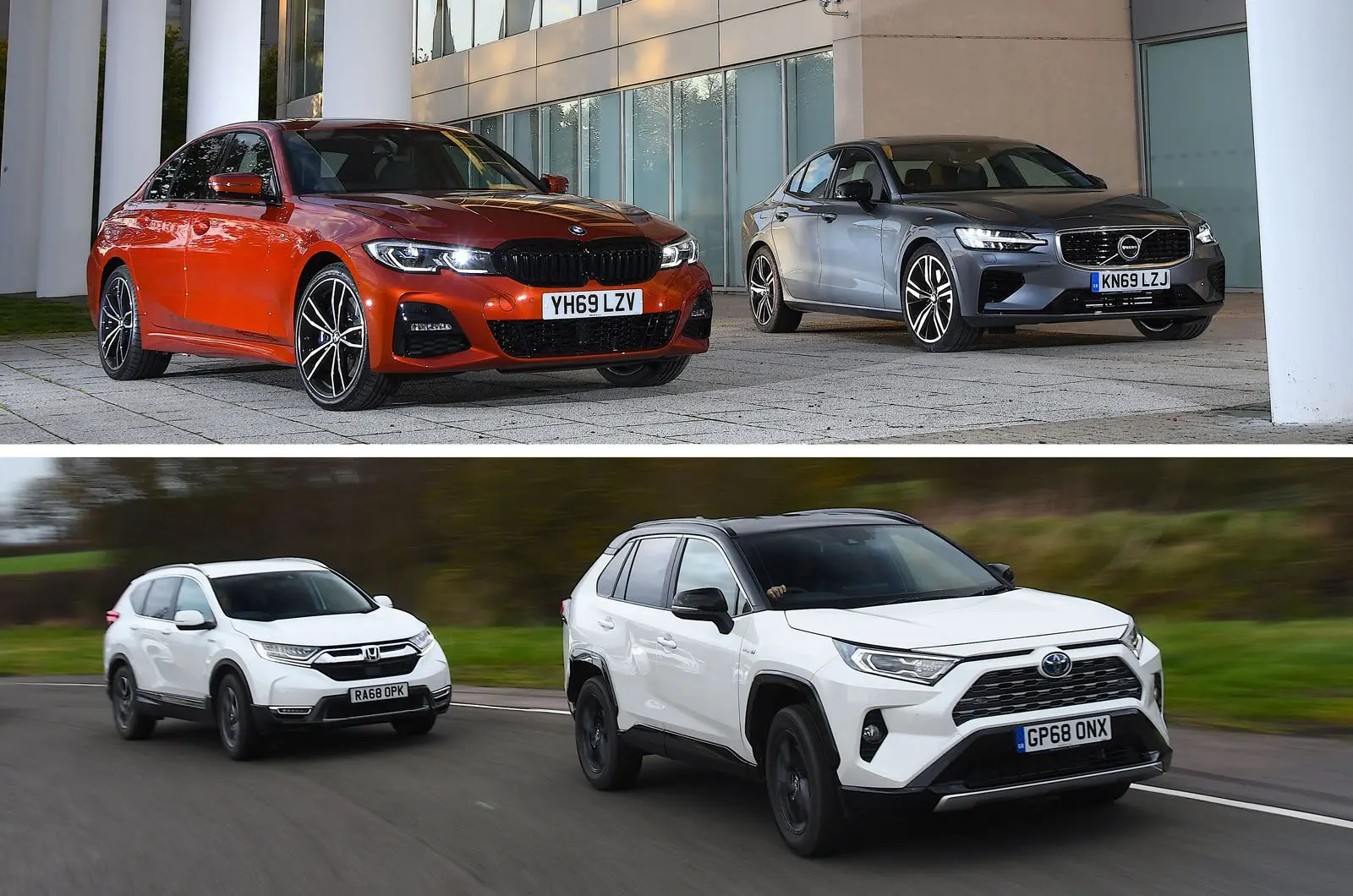
Best Hybrid Cars 2025: Top Picks for Fuel Efficiency and Value
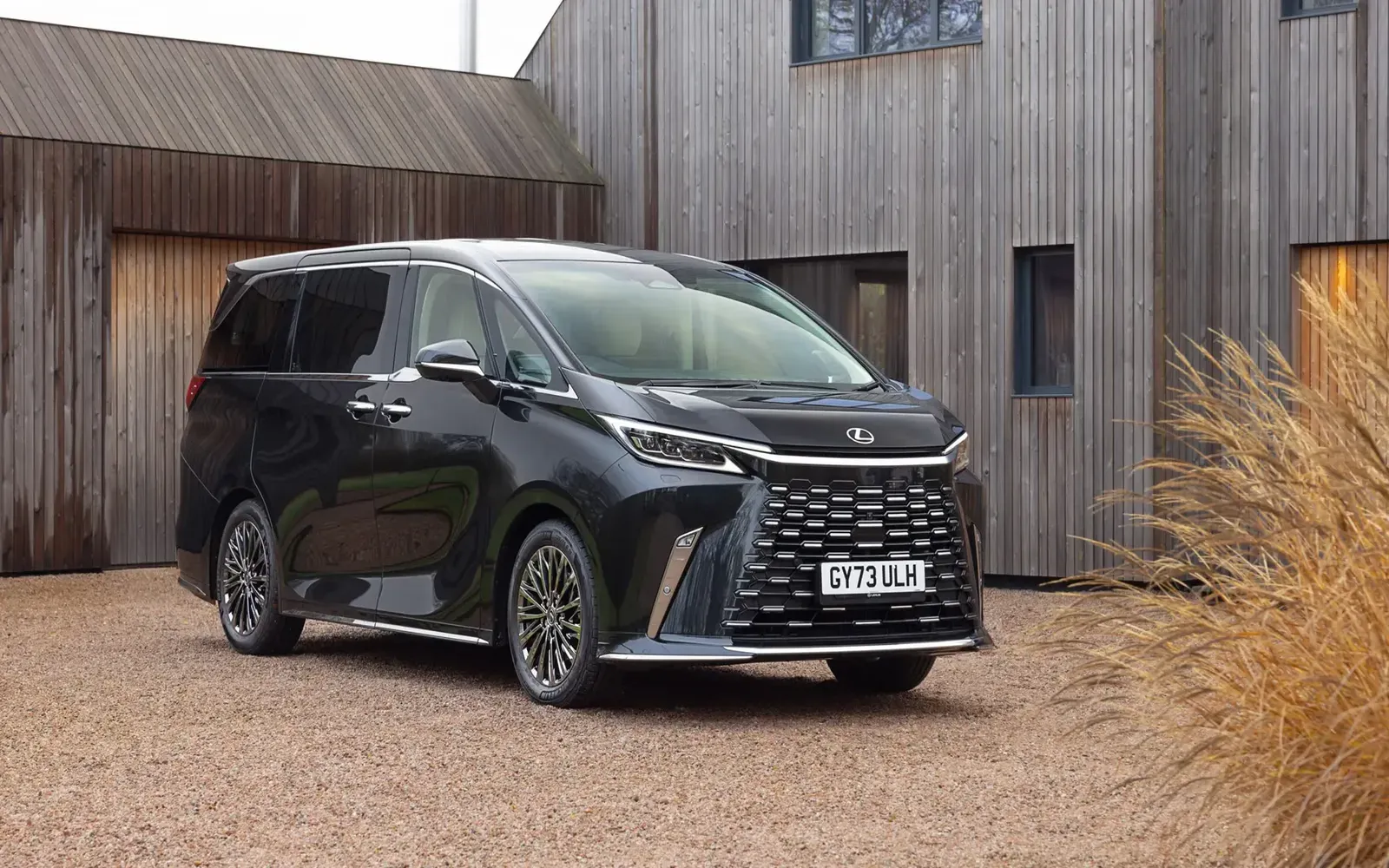
Luxury Hybrid Cars of 2025: The Ultimate Blend of Elegance and Efficiency
